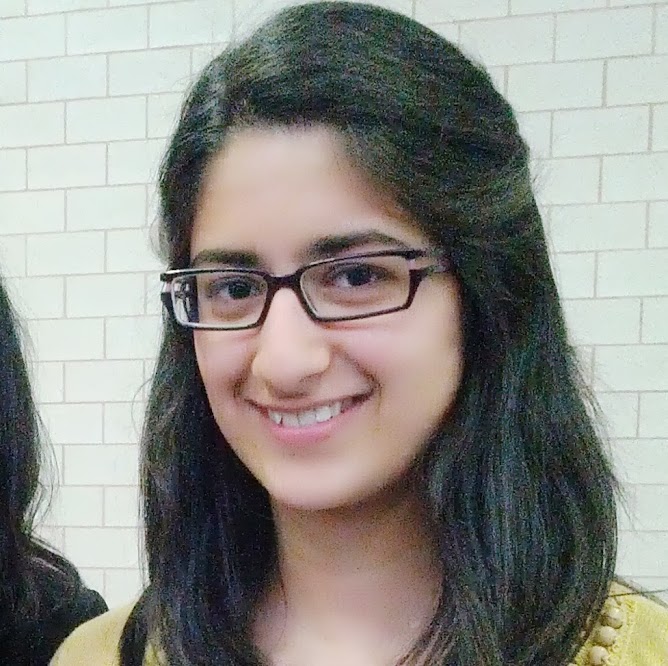by David Rovick
 |
| The Russian philopsopher, Ayn Rand |
Ayn Rand was a Russian Philosopher born in 1905. She is probably most famous for writing the novel ‘When Atlas Shrugged’ and developing a philosophy called Objectivism, a philosophy supposedly based on reason, self-esteem or selfishness, and fundamental human rights among other things. I am a huge fan of Ayn Rand and her ideas, but enough about her for now at least.
I will first attempt to answer the question: should charities replace the welfare state, using objectivist reasoning. First of all I will derive the answer to why welfare states are morally wrong almost all of the time.
To do this I will derive a philosophy using nothing but reason and logic, starting with a ‘clean slate’ of thought, and first ask what the purpose of philosophy, or moral code, or morality (I will use the terms interchangeably) should fulfil. I think we can all agree that the purpose of a human being should be to further and maintain human life, and therefore human life is the highest moral standard. Animals do it in nature, acting consistently in a way that will sustain and further life, indeed it is necessary for their survival, for their life. In the same way, a human’s morality must be what allows him to further and sustain his own life, so that he can live as joyful and fulfilling a life as possible and this is to be the purpose of our morality. What’s more, man’s morality must fulfil its purpose when applied consistently, for what good is a morality if it can only achieve its purpose when inconsistently applied, or even worse (and more commonly unfortunately when not applied at all?
Next I will make the observation that we are each observable individuals; that is we own our bodies, our minds and ourselves insofar as we are the ultimate deciders of our own thoughts and actions. This is evident in the fact that humans have free will, which is the ability to act and think independently, thusly the ability to use reason if we choose too in acting and thinking independently. And because we have given ourselves the purpose of using reason in order to further and sustain human life, it is morally right to use it, and morally wrong to not.



